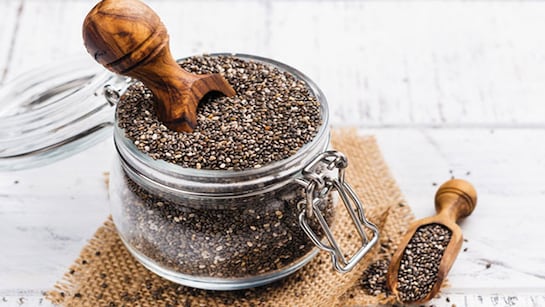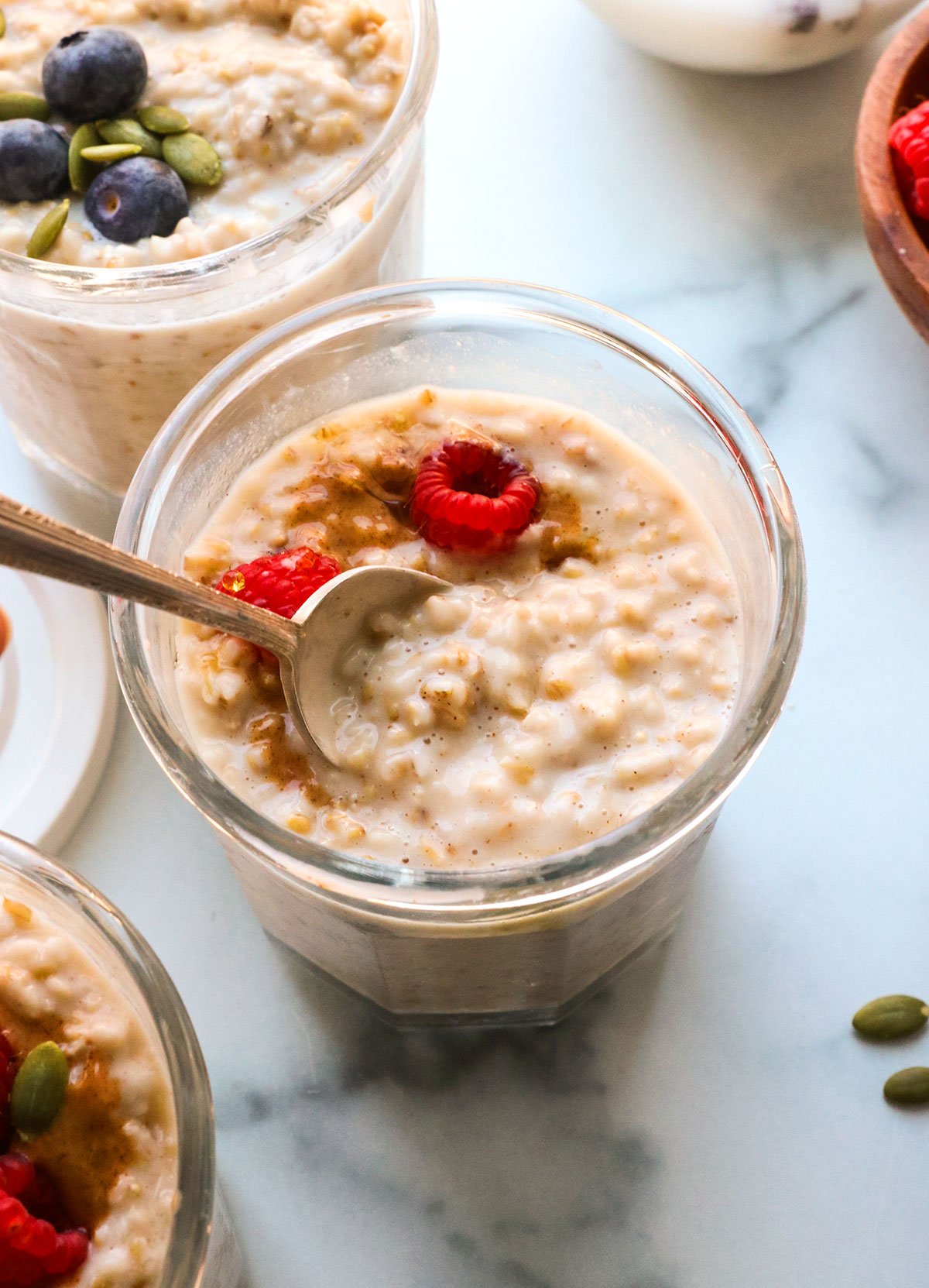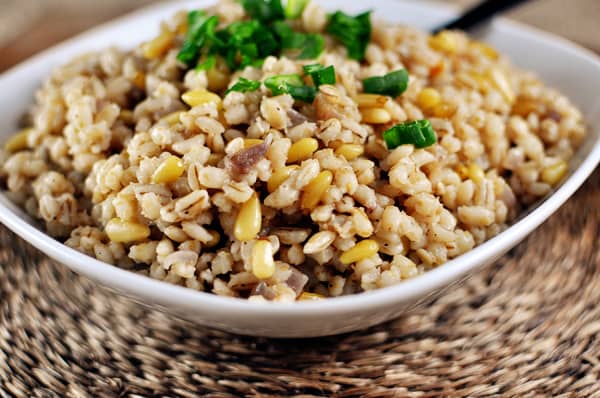High-Fiber, Low-Glycemic Foods That Control Blood Sugar
High-Fiber, Low-Glycemic Foods That Control Blood Sugar
Managing blood sugar is crucial for individuals with diabetes and those aiming to prevent insulin resistance. Incorporating high-fiber, low-glycemic index (GI) foods into your daily diet can significantly reduce blood sugar spikes, improve digestion, and enhance overall metabolic health. This article explores the best foods to add to your meal plan, supported by scientific research.
Why Fiber and Glycemic Index Matter
Dietary fiber slows the absorption of sugar in the bloodstream, helping to maintain more stable glucose levels. The glycemic index (GI), a scale from 0 to 100, ranks how quickly a food raises blood sugar. Low-GI foods (GI under 55) are digested slowly, causing a gradual rise in blood glucose.
Studies, such as those published in the American Journal of Clinical Nutrition, have shown that high-fiber diets, particularly those rich in soluble fiber, improve glycemic control in both type 1 and type 2 diabetes (source).
Top High-Fiber, Low-Glycemic Foods
1. Lentils
Fiber: 15.6g per cup (cooked)
GI: 32
Lentils are rich in complex carbohydrates and resistant starch, making them excellent for stabilizing blood sugar. They also provide plant-based protein, which helps you feel full longer.

2. Chia Seeds
Fiber: 10g per ounce
GI: < 1
Chia seeds are extremely low on the glycemic index and packed with soluble fiber. When soaked, they form a gel-like substance that slows digestion and sugar absorption.

3. Steel-Cut Oats
Fiber: 5g per 1/4 cup (dry)
GI: 42
Unlike instant oats, steel-cut oats are minimally processed and have a lower GI. They provide beta-glucan, a type of soluble fiber known to reduce postprandial glucose response.

4. Broccoli
Fiber: 2.4g per cup (chopped)
GI: 10
This cruciferous vegetable contains sulforaphane, an antioxidant shown to reduce blood sugar levels. A study in Science Translational Medicine found that broccoli sprout extract reduced fasting blood glucose by up to 10% in type 2 diabetics.
:max_bytes(150000):strip_icc()/8760150-How-to-Steam-Broccoli-ddmfs-7559-4x3-beauty-b270504788b64c51996dfcf3d61fcab9.jpg)
5. Berries
Fiber: 8g per cup (raspberries)
GI: 25–40
Blueberries, raspberries, and blackberries are low-GI fruits packed with fiber and antioxidants. They support insulin sensitivity and protect against inflammation linked to high blood sugar.

6. Sweet Potatoes (Boiled)
Fiber: 3.8g per medium potato
GI: 44 (when boiled)
Sweet potatoes have a lower GI than regular potatoes when boiled. They’re high in fiber and contain antioxidants like beta-carotene, which can reduce oxidative stress on cells.
:max_bytes(150000):strip_icc()/18249-baked-sweet-potatoes-DDMFS-4x3-ca310a21c01141d3b906da464aa7e27f.jpg)
7. Avocados
Fiber: 10g per cup (sliced)
GI: < 15
Avocados are virtually sugar-free and rich in monounsaturated fats, which improve insulin sensitivity. Their fiber and healthy fats support slower digestion and stable glucose levels.
:max_bytes(150000):strip_icc()/Simply-Recipes-How-To-Store-Avocados-LEAD-1-a132d73088f6426081c8a1147c9e71c4.jpg)
8. Barley
Fiber: 6g per cup (cooked)
GI: 28
Barley is a whole grain that improves blood sugar control by slowing carb absorption. One study found that barley beta-glucans improved glucose metabolism after just three days of consumption.

9. Apples
Fiber: 4g per medium apple
GI: 38
Apples are rich in pectin, a soluble fiber that slows digestion. They also contain polyphenols that support pancreatic function and reduce sugar spikes.

10. Beans (Kidney, Black, Navy)
Fiber: 12g per cup (cooked)
GI: 28–35
Beans are high in resistant starch and fiber. Their slow-digesting carbs help maintain steady energy and lower A1C levels over time.

Infographic: Best High-Fiber, Low-GI Foods for Blood Sugar
Include a visual chart with food images, fiber content, and glycemic index. Columns can include:
- Food
- Fiber per serving
- Glycemic Index
- Benefits
Design tip: Use icons (leaf for fiber, drop for blood sugar, stopwatch for digestion speed).
Tips to Incorporate These Foods Daily
- Start your day with steel-cut oats topped with berries and chia seeds.
- Replace white rice with lentils or barley in lunch and dinner recipes.
- Snack on sliced apples with a tablespoon of peanut butter or a few almonds.
- Add avocado to sandwiches, smoothies, or salads for blood sugar support.
- Include at least 1 cup of leafy greens or cruciferous vegetables in every meal.
Scientific Studies Supporting These Choices
- Fiber and Glycemic Control: Dietary fiber and type 2 diabetes management
- Broccoli and Sulforaphane: Science Translational Medicine, 2017
- Legumes and Insulin Response: Legume consumption and improved glycemic control
Conclusion
High-fiber, low-GI foods are essential allies in the fight against blood sugar spikes. By making smart dietary choices rooted in science, you can improve insulin sensitivity, reduce the risk of diabetes complications, and support long-term health. Start with a few changes, like switching refined grains for whole grains or adding beans and vegetables to your meals, and build toward a balanced, blood sugar-friendly lifestyle.